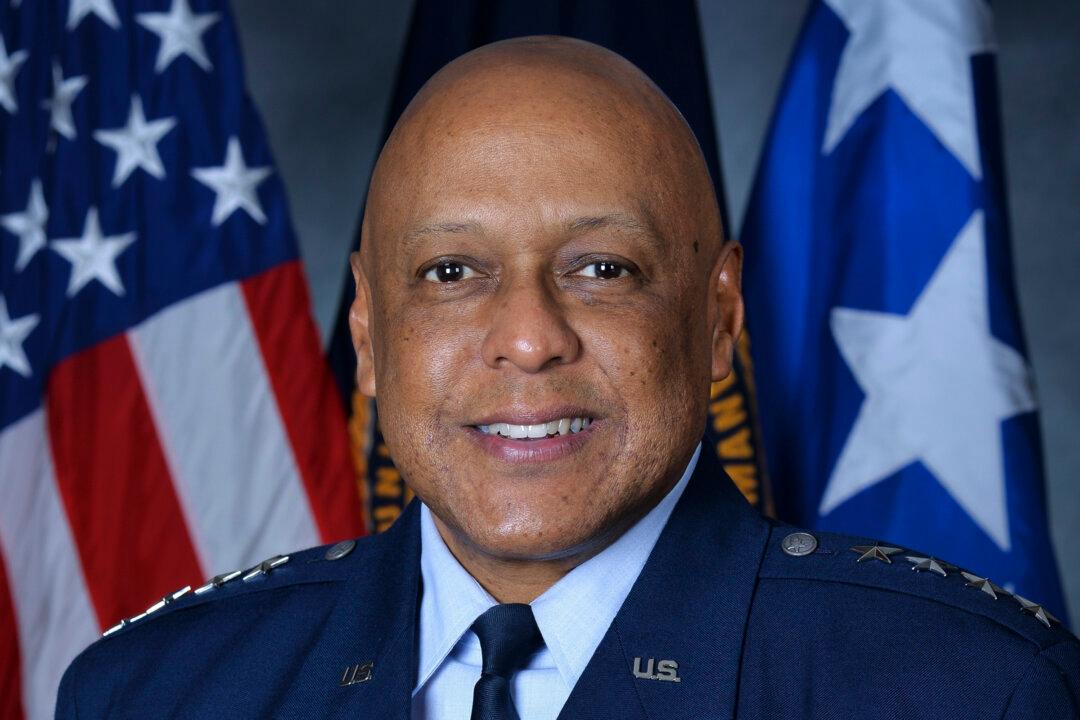Artificial intelligence will not decide on nuclear strikes, a top U.S. general said this week.
“When it comes to us and how we prosecute AI and machine learning, humans will absolutely be in the loop,” Gen. Anthony J. Cotton, commander of United States Strategic Command, told reporters on Aug. 13 during a briefing at the U.S. Strategic Command Deterrence Symposium in Nebraska.





